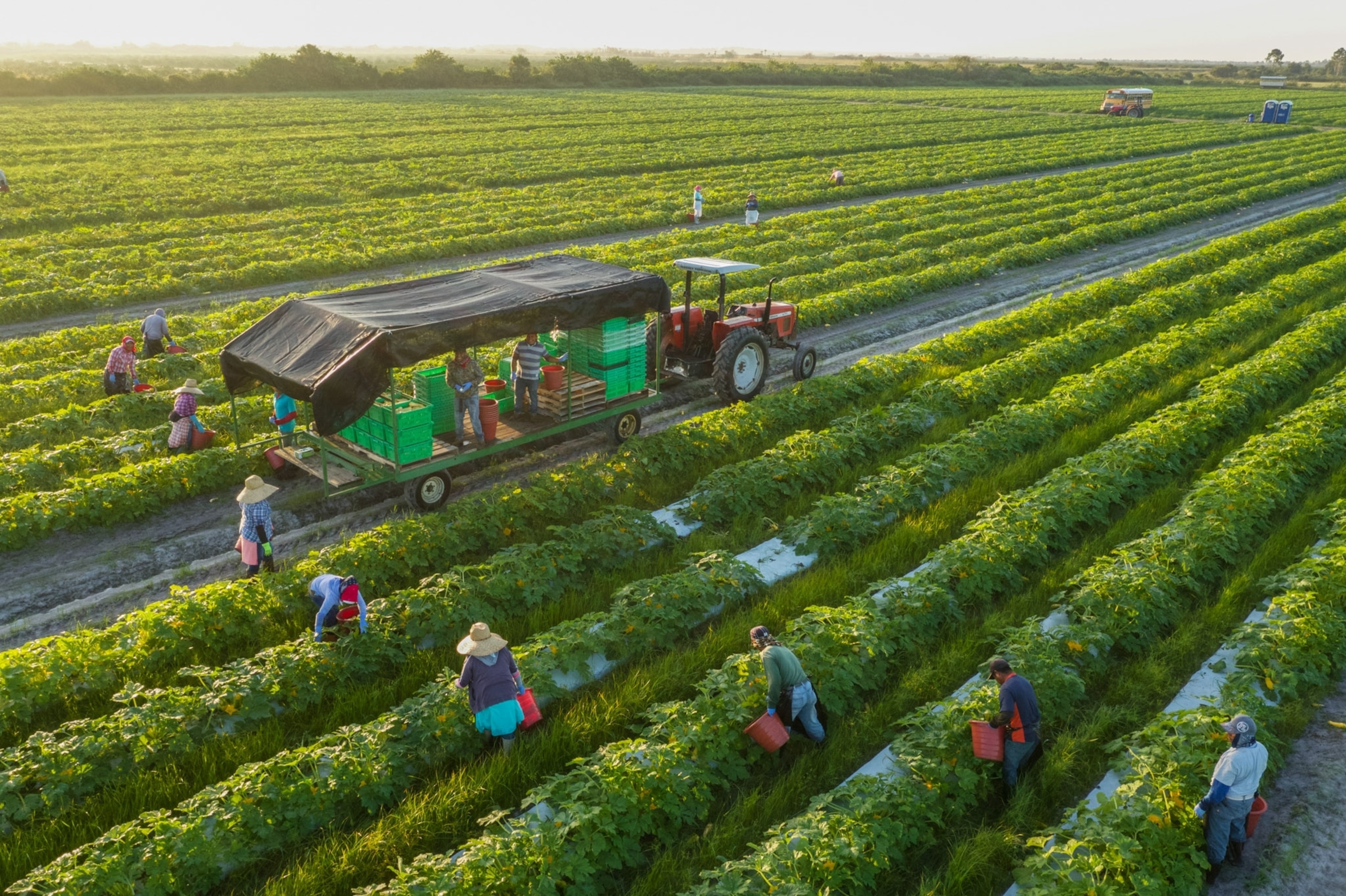Farming: The Backbone of Civilization
Farming has been a cornerstone of human civilization for thousands of years. It is the process of cultivating crops and raising livestock for food, clothing, and other necessities. Without farming, humanity would not have been able to develop and thrive as it has. In this article, we will explore the world of farming and discover why it remains so important in the modern world.
A History of Farming
Farming has a rich and varied history that spans thousands of years. It is believed to have originated in the Fertile Crescent, a region that encompasses parts of modern-day Iraq, Syria, and Iran. Here, people first began to cultivate crops and raise livestock, laying the foundation for what would eventually become agriculture. Over time, farming techniques and technologies evolved, and agriculture spread to other parts of the world, becoming a critical component of human civilization.
The Importance of Farming Today
Farming remains one of the most important industries in the world today. It provides food, clothing, and other necessities for billions of people, and is a critical component of the global economy. It also provides employment and economic opportunities for millions of people, and plays a key role in maintaining the balance of ecosystems and preserving biodiversity.
The Challenges of Farming
Despite its importance, farming is not without its challenges. Climate change, water scarcity, and soil degradation are just a few of the many challenges that farmers face. In addition, farmers must contend with volatile markets, fluctuating commodity prices, and changing consumer demands. Nevertheless, farmers continue to adapt and innovate, utilizing new technologies and techniques to overcome these challenges and produce the food and other necessities that sustain us all.
Sustainable Farming
Sustainable farming is a growing movement that seeks to balance the needs of farmers, consumers, and the environment. It involves the use of environmentally-friendly farming practices that conserve resources, reduce waste, and protect the environment. Sustainable farming can take many forms, from organic agriculture to regenerative farming, and is increasingly seen as a critical component of a more sustainable future.
The Future of Farming
The future of farming is exciting and full of promise. Advances in technology, such as precision agriculture and vertical farming, are already transforming the way that we grow crops and raise livestock. Meanwhile, the continued growth of the global population means that there will be an ever-increasing demand for food and other necessities, creating new opportunities for farmers to innovate and thrive.
Farming remains one of the most important industries in the world, providing food, clothing, and other necessities for billions of people. Despite the challenges that it faces, farmers continue to innovate and adapt, utilizing new technologies and techniques to meet the demands of a changing world. Whether you're a farmer, a consumer, or just someone who appreciates the importance of agriculture, it's clear that farming will remain a critical component of human civilization for many years to come.
Labels: Agriculture, Business, farming, Interesting


0 Comments:
Post a Comment
Subscribe to Post Comments [Atom]
<< Home